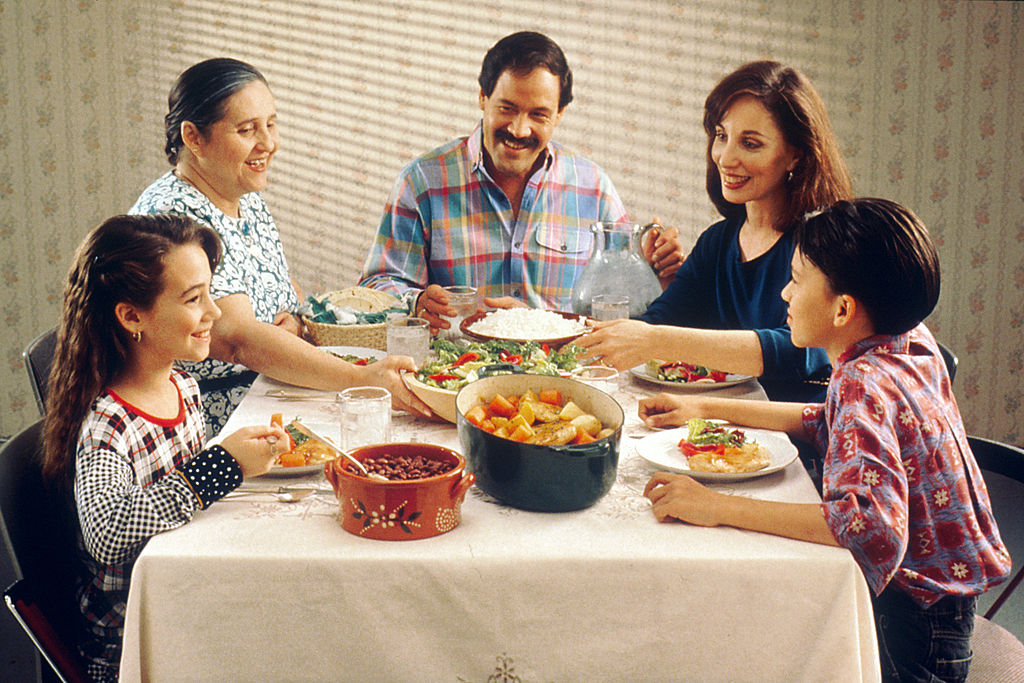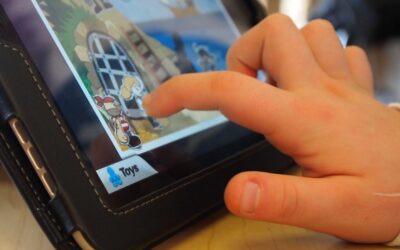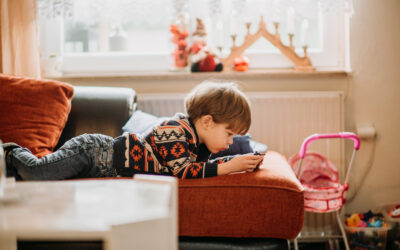I really hope this doesn’t offend anyone, but…1992 was thirty years ago.
Excuse moi? Let’s take a moment to recover from that information with a cold glass of Crystal Pepsi.
How much different was childhood in the 90s? Gone are the days when “influencer” meant the cool girl one grade ahead of you. If she sported butterfly clips on Friday, you could catch me at Claire’s on Saturday. Most stressful part of Sunday night? The mental anguish spent deciding which Lip Smackers flavor to load in the Hello Kitty pencil tin. (Except not really, because Dr. Pepper, obvs.)
So much has changed. Parents wonder why childhood today seem more stressful and cutthroat than it was for us 80s/90s babes.
Because it is.
Today’s mamas bought our youngest kids tablets that were marketed as tools for academic advancement. What do we have to show for this thoughtful investment in our kids? Moody zombie toddlers. We want our money back.
Our older kids are anxious and depressed. Of course they are. An awkward thirteen-year old girl used to compare herself to a handful of local cooler-than-me peers, maybe a magazine cover girl. Not anymore. Now she’s submerged in an online world of perfect, filtered, butt-implanted Barbies. We seem to have taken a wrong turn somewhere along the way.
And all the millennial parents said, “Halp!”
Perhaps we don’t want to regress all the way to the pre-email days. But there are a few pages we could take from our parents’ 1990s repertoire.
Here are four.
“Come home when the street lights go on.”
After school in the 90s meant biking around the block or walking to the strip mall, shooting the breeze with a good friend. In real-life.
One alarming article reports, “Three-quarters of UK children spend less time outdoors than prison inmates…One fifth of children surveyed did not play outside at all during an average day.” Here’s the kicker: this survey was from 2016. Can you imagine those stats if the survey was conducted today, after recreational screen time has doubled since the beginning of the pandemic?
Time spent outside reduces anxiety, helps kids learn to assess risk, create, and negotiate boredom, a critical life-skill.
The Basic, Brown Bag Lunch
Pinterest has cast shame upon basic sandwiches in plastic wrap with a side of prepackaged chips. “Bento Boxes or bust,” our mom-shame insists. Tell that chick to shut it. We all did just fine with whatever lunch trappings mom or dad compiled in the morning. Nobody needs a lunch that is pretty enough to have its own Instagram account.
Family Dinners
Remember those? When you didn’t even answer the land line if it rang while you were eating? Before everyone had a handheld computer pulling their attention away from the people around the table? Time for family dinners to make a comeback.
One therapist said, “I could be out of business if more families had regular family dinners, because so many of the things that I try to do in family therapy actually get accomplished by regular dinners.”
What are the benefits of family dinners, aside from being (hopefully) delicious? Take it from Harvard: “The mental health benefits are just incredible. Regular family dinners are associated with lower rates of depression, and anxiety, and substance abuse, and eating disorders, and tobacco use, and early teenage pregnancy, and higher rates of resilience and higher self esteem.”
Blocking access to the adult channels
Remember when inappropriate images were not accessible to children on devices parents gave them for their birthdays? Back in the days of yore, parents could simply block the adult channels. Boom. The TV show censors did the rest. Welp, today when you give your child any device with a web browser, they now have infinite access to more smut than could fit in all of the adult video stores.
A new study shows that a majority of kids have viewed pornography by age thirteen. Porn sites receive more website traffic in the U.S. than Twitter, Instagram, Netflix, Pinterest, and LinkedIn combined.
That’s depressing. What can we do?
The answer is simple, but might require a little effort.
Turns out the most transformative parenting hacks are also the most basic: conversation, unconditional love, relationship. In that sense, nothing has changed since we were kids. Today we just need to work a little harder to fight for the time and space, while our kids’ attention in getting sucked into a digital cyclone.
Most of all, we need to take a minute to hit pause on the 2010s trend to give younger kids more electronics, more often. We’ve already watched this “too much, too fast” method play out on a generation of kids. And the results were not good.
Are you willing to be at the forefront of a new trend? Preserve childhood. When it comes to tech, start later. If you regret some of the parenting decisions you’ve made so far, no sweat. Take a break to reassess which tech in your home is helping your kids, versus which is harming them.
I’d love to show you how we did this in our home. Digital Detox: The Two-Week Tech Reset for Kids, is available April 19, 2022.
Photo Credit: National Cancer Institute, Public domain, via Wikimedia Commons
You might also like: How to Prepare Kids for a Digitally Addictive World





0 Comments